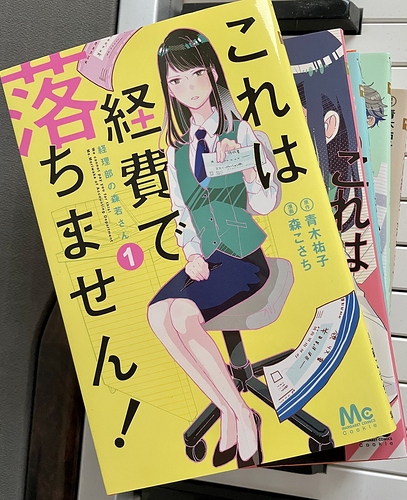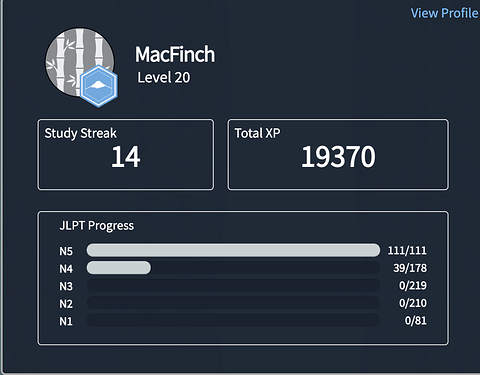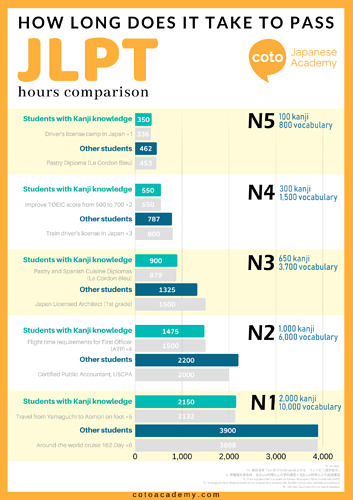Definitely this. WK probably teaches you a handful of words compared to what’s on the actual test. WK is about teaching kanji, not vocab. Apart from loads of kanji vocab it doesn’t teach, there’s even more kana vocab it doesn’t teach. (It does teach some, but with kanji instead, which you may rarely find in native material.)
While you mentioned pushing back the test, which I think is in your favor, if you’re still serious about passing the N1, absolutely take a test before that. Even if it’s N5 or N4, I highly recommend it. There are practice tests online too, but taking it in person is honestly very different.
Also, just speaking from experience, being a higher level in WK is really going to hurt you on the lower level tests if you aren’t prepared, because they have so few kanji. I struggled a lot when I took the N4, and it was hilariously ironic to hear everyone else around me during breaks talk about how hard kanji was for them. xD
Reading matters much more than anything else, I assure you. You’ll pick up vocab, kanji, and grammar much better seeing it in a native environment than only using SRS. If you haven’t started reading, start reading asap. NHK Easy, manga, etc are good places to start. A lot of the test relies on your knowledge and SPEED of reading. (You need to have fast comprehension.)
Listening is also another big one, as that’s the last chunk of the test. If you haven’t started listening practice either, add that on now. But I’d, personally at least, prioritize reading if I had to choose between the two.
And just a reminder, this is a test on how good you know Japanese as a /test/, not on how good you know Japanese. You need to add test taking practice to your list as well. Kanzen Master books are nice for this, but also finding a teacher on Italki can make a big difference as well.
I can appreciate your enthusiasm though, it’s quite infectious  I’m rooting for ya’.
I’m rooting for ya’.






 I’m rooting for ya’.
I’m rooting for ya’. Manga will not help much with JLPT1. News about politics, finance and business will be more important. Rule of thump is: if you find reading material interesting it is probably not helping you with JLPT1… They want you to more less know business language not pop culture. Or am I wrong on that?
Manga will not help much with JLPT1. News about politics, finance and business will be more important. Rule of thump is: if you find reading material interesting it is probably not helping you with JLPT1… They want you to more less know business language not pop culture. Or am I wrong on that?




